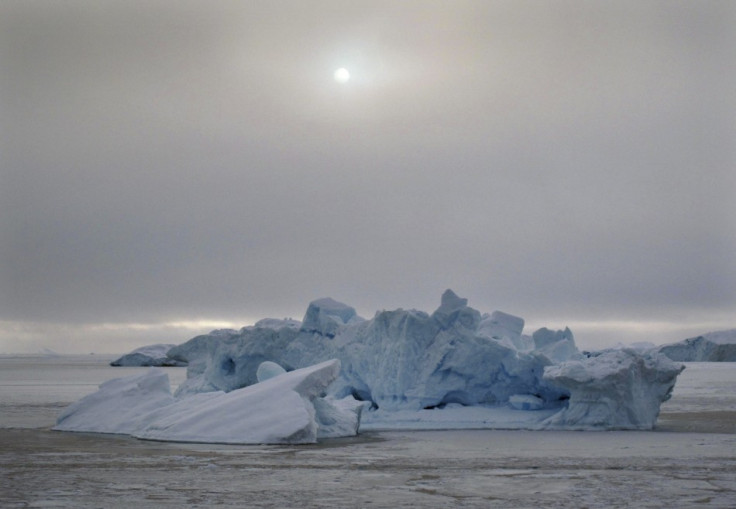US scientists in Antarctica face breathalyser tests after fights and indecent exposure claims

The National Science Foundation (NSF) may deploy breathalysers in order to curb alleged alcohol abuse by American scientists based in two US stations in Antarctica. Scientists under the influence of alcohol have "unpredictable behaviour that has led to fights, indecent exposure and employees arriving to work under the influence," the agency has said.
"Alcohol-related misconduct is not disproportionately represented at the Antarctica stations," Wired quoted the NSF as saying. Drinking alcohol is not a problem in itself but incidents of misconduct arising from it apparently is.
Around 1,150 people, including US scientists and support staff, live in McMurdo and the South Pole stations, where it is illegal to drink alcohol in work centres and during working hours. McMurdo station has three bars and the South Pole station has a small shop selling alcohol. Despite this, NSF says it found a scientist who had been brewing beer in his science laboratory but was not reprimanded.
As Antarctica is not a US territory, the use of breathalysers could bring legal and administrative challenges, raising questions about who would conduct these tests and what rights of appeal would be available to people at the stations. Also, the breathalysers may not work properly at the high-altitude South Pole station.
"Since alcohol abuse does occur in the USAP program, workplace safety could be enhanced if breathalyser tests were administered to all USAP participants endangering themselves or others due to the influence of alcohol," NSF says.
Many countries have research stations in Antarctica, where they all have their own rules on alcohol consumption. The British Antarctic Survey has the detailed alcohol and drug policy at its four stations.
© Copyright IBTimes 2025. All rights reserved.





















